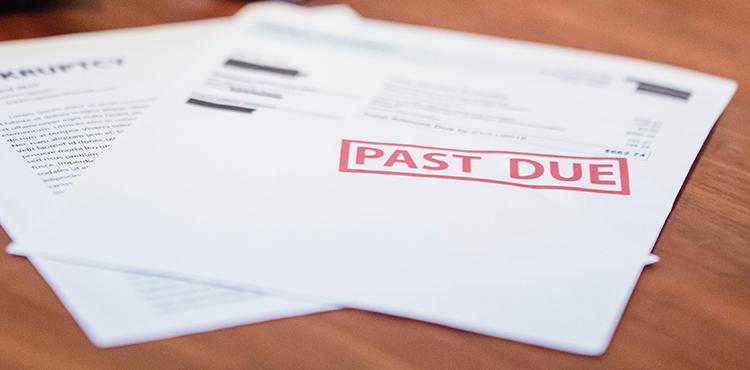2025-06-10
finance

A growing number of Polish companies are taking steps to assess the reliability of potential business partners before establishing cooperation. According to a study conducted for BIG InfoMonitor and the Credit Information Bureau (BIK), 82% of businesses now seek background information on prospective clients. Their primary focus includes financial condition, customer reviews, and publicly available data such as debt registers and online forums. One in four entrepreneurs specifically checks whether a potential contractor has any arrears or is listed as a debtor in official registers. This cautious approach is increasingly justified, as data from the BIG InfoMonitor and BIK databases reveal a record-high number of companies with payment arrears in Poland. At the end of March 2025, the number of companies identified as unreliable payers reached 333,784, an increase of 4.5% compared to the same period last year. The total value of overdue liabilities—covering both credit and non-credit debts that are more than 30 days past due and above PLN 500—exceeded PLN 44.1 billion. This marks a year-on-year rise of PLN 888 million, and a two-year increase of over PLN 3.7 billion. On average, each indebted company now carries more than PLN 132,000 in unpaid obligations to banks and other entities. Debt accumulation was visible across most sectors of the Polish economy. The largest total liabilities were reported in trade (PLN 9 billion), industry (PLN 7 billion), construction (PLN 5.8 billion), transport and warehousing (PLN 3.2 billion), and real estate services (PLN 2.6 billion). The HoReCa sector (hotels, restaurants, and catering) recorded PLN 2 billion in outstanding payments. Each of these top sectors also saw a rise in the number of unreliable debtors. Conversely, several sectors managed to reduce their debt volumes. Notable declines were observed in finance and insurance (down to PLN 1 billion), service activities (PLN 866.2 million), mining (PLN 686 million), agriculture (PLN 651.4 million), and culture, entertainment, and recreation (PLN 316.5 million). Among these, only the finance and insurance sector, as well as broadly defined services, also reported a decline in the number of debtor companies. Although the overall share of unreliable debtors in the Polish economy remains at around 5%, some sectors show significantly higher rates. In transport and warehousing, 8.9% of companies are behind on payments. Elevated rates are also seen in waste management (7.5%), mining (7.4%), accommodation and catering (5.9%), and administrative services (5.4%). Paweł Szarkowski, President of BIG InfoMonitor, emphasized the importance of carefully selecting business partners in light of these figures. He noted that while the national average for unreliable debtors is already substantial, certain sectors present a markedly higher risk. Verifying a contractor’s financial standing before entering into an agreement, he added, can help minimize payment risks and reduce the costs associated with debt recovery. The study also found that nearly 87% of businesses attempt to recover overdue payments by issuing reminders. Over half manage this process internally, while around 20% engage legal support. Among companies that used BIG InfoMonitor to send payment notices, more than 35% reported successful debt recovery within seven days—up significantly from earlier years. Increased engagement with business information services is also evident. As of early 2025, 38.6% of companies reported working with BIG InfoMonitor—an increase of nearly 10 percentage points since the third quarter of 2024. Among users, more than 36% said that registering a debtor in BIG’s database enabled them to recover the full amount owed, up from 30% in 2023 and just 9% in 2022. Dr. Waldemar Rogowski, Chief Analyst at BIG InfoMonitor, noted that publicly listing debtors in the BIG register remains one of the more effective and accessible debt recovery tools for Polish businesses. The register is used by financial institutions and service providers in sectors such as telecommunications, energy, and utilities. Its goal, he said, is not only to alert others but also to encourage debtors to take responsibility and voluntarily settle their obligations. Source: BIG InfoMonitor

